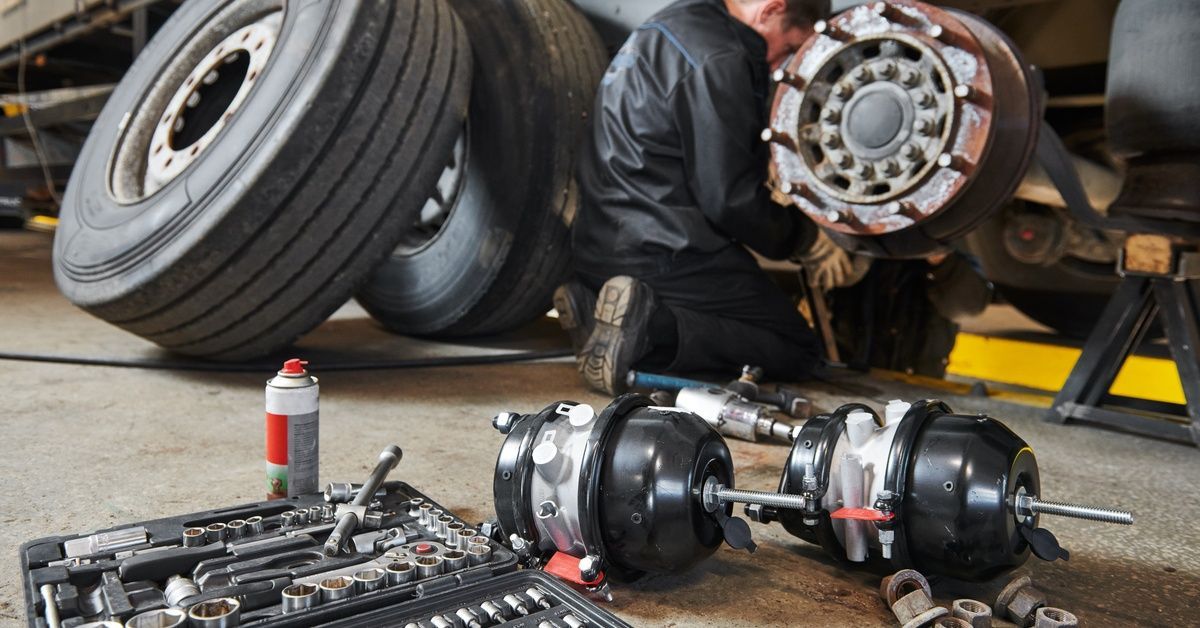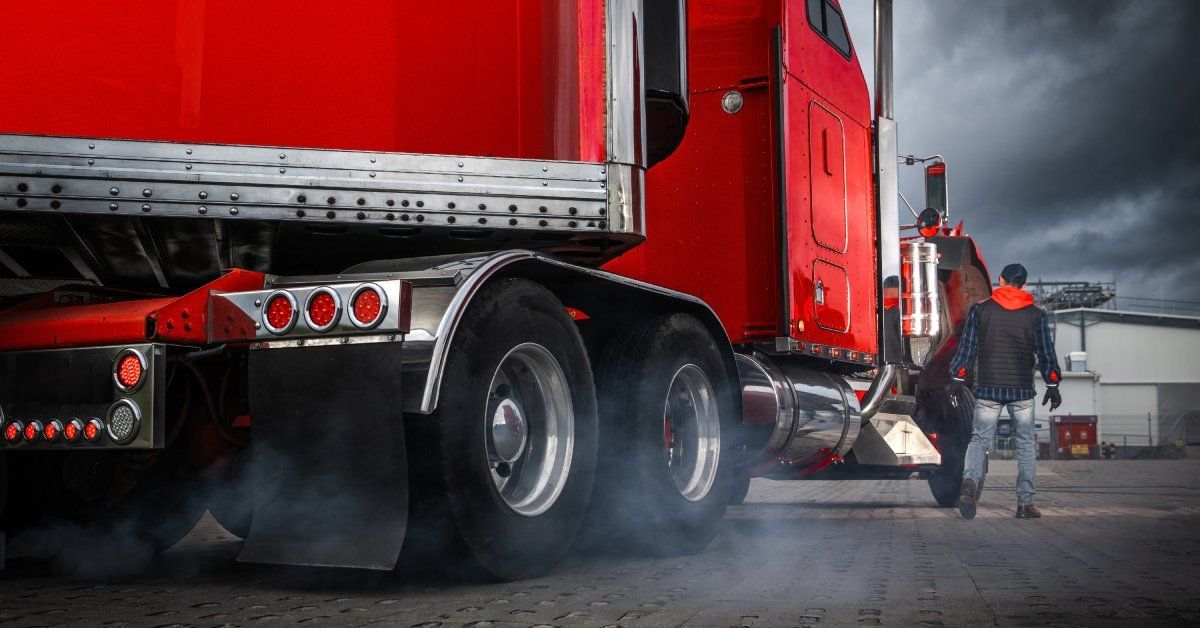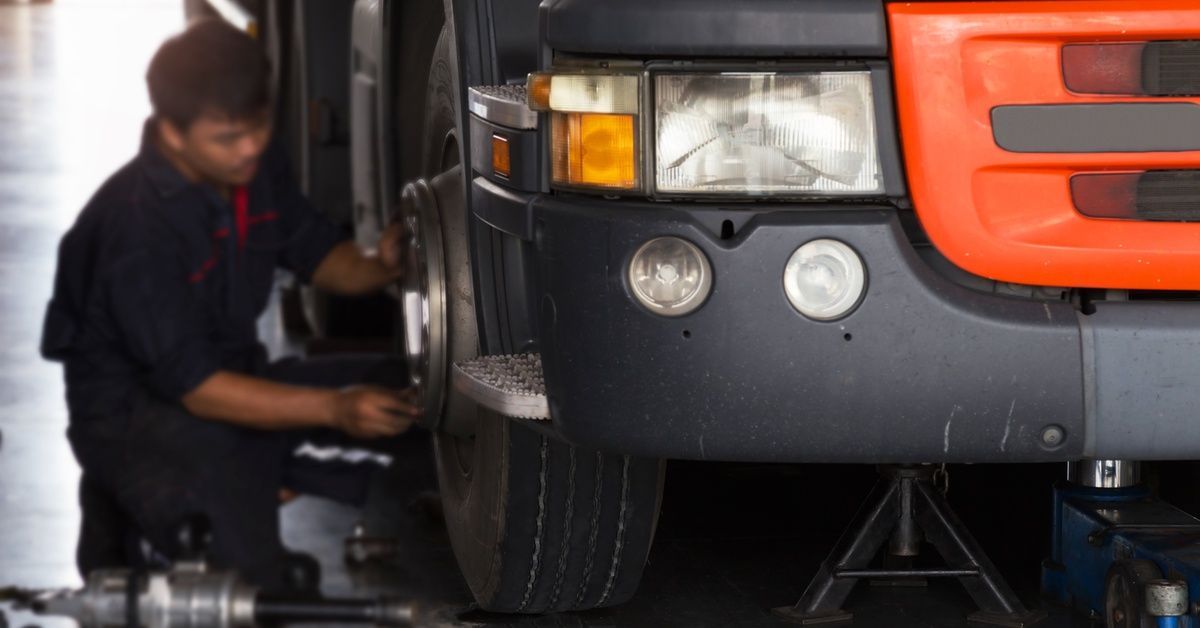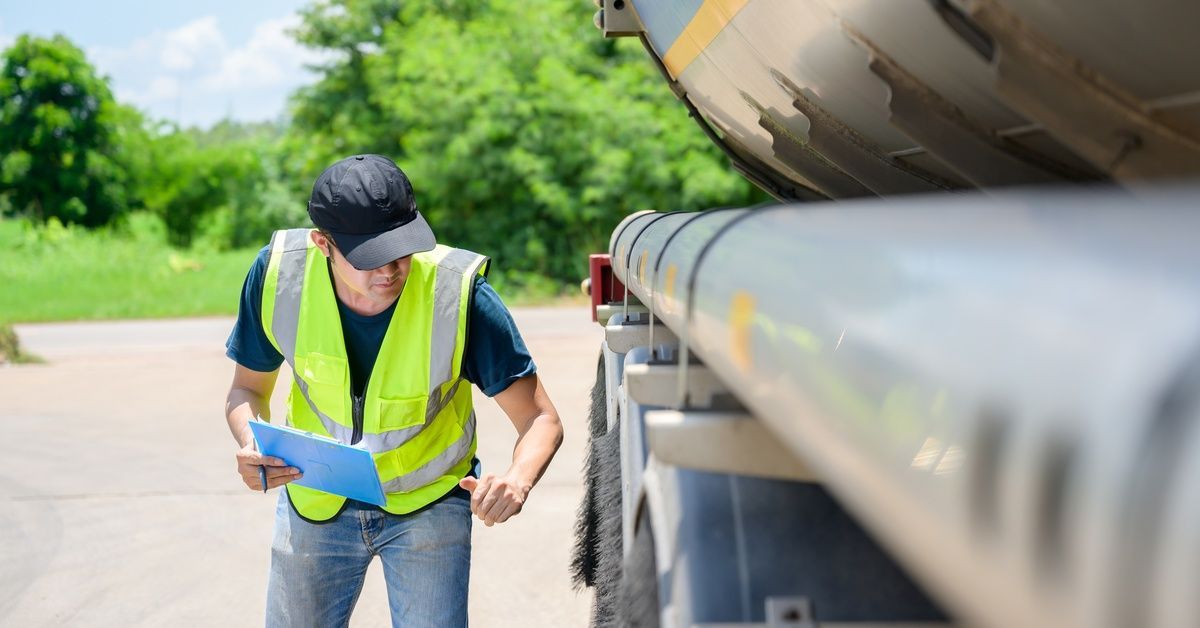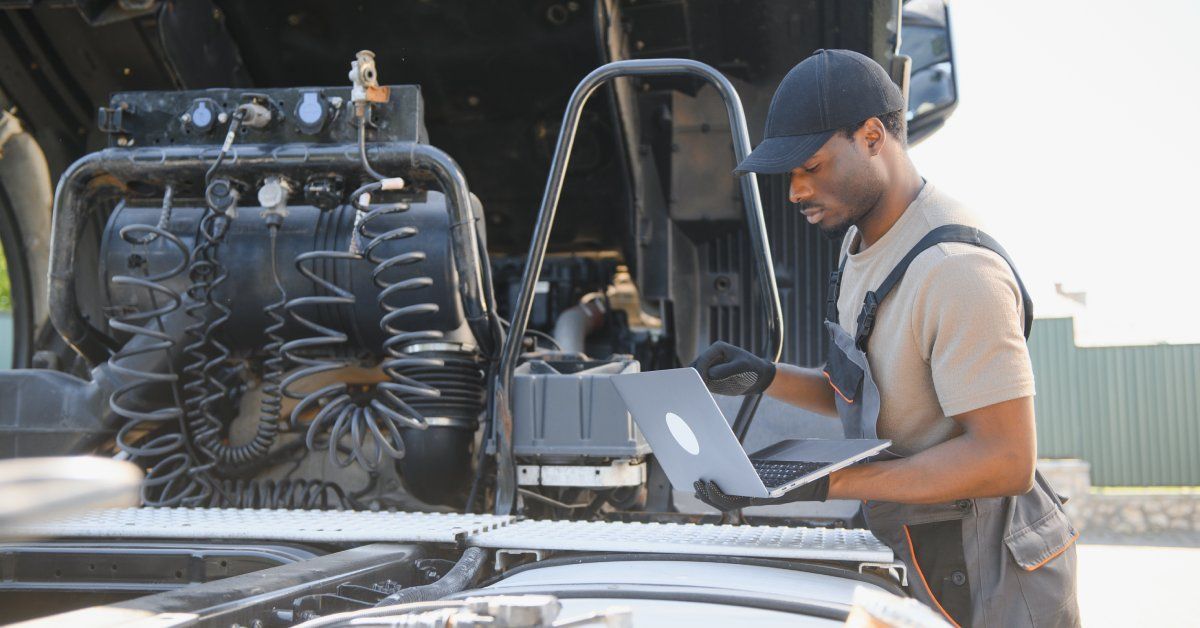Essential Trailer Maintenance Tips for Agricultural Fleets
When you’re tackling tough terrain or transporting heavy loads, a little maintenance goes a long way in keeping your fleet trailers running smoothly. They shoulder the load day in and day out, ensuring goods make it from point A to point B without a hitch.
But like any hardworking team member, they need care and attention to perform at their best. For a smoother journey, let’s take a look at some essential maintenance tips for agricultural fleets; after all, smooth deliveries start with equipment you can count on.
Daily Maintenance Essentials
Pre-Use Inspections
Before hitting the road, conducting thorough pre-use inspections will help ensure the safety and longevity of your agricultural fleet. Start by checking the tires for proper pressure, tread wear, and any visible signs of damage, such as cuts or bulges. Tires are the foundation of your trailer’s movement, and neglecting them can lead to costly downtime or accidents.
Next, inspect the trailer frame for cracks, rust, or signs of stress that may compromise its structural integrity. Pay careful attention to high-stress areas like joints and welds. Confirm that all lights, brakes, and electrical systems are functioning properly to guarantee your trailer remains both roadworthy and compliant with safety regulations. Lastly, verify that the hitch and coupling mechanisms are securely fastened and free of any defects, reducing the risk of detachment during travel.
Cleaning and Debris Removal
Keeping the trailer clean isn’t just about appearances—it’s a vital part of regular maintenance. After each use, remove dirt, mud, and plant materials that may have accumulated during operations. If left unchecked, such debris can trap moisture and cause corrosion, leading to long-term damage.
This is particularly critical for undercarriages and other hard-to-reach areas where buildup tends to persist. Use a pressure washer or cleaning tools designed to access tight spaces to handle every area. Not only does regular cleaning preserve the trailer’s functionality, but it also prevents mechanical blockages that could interfere with smooth operation.

Safety Checks
Safety should always be a top priority when maintaining your fleet. Begin by inspecting all safety chains, straps, and tie-downs to ensure they are in good condition and free of wear or fraying. These components play a crucial role in securing the load, so any compromise in their integrity can have serious consequences.
Double-check the trailer load to confirm proper balance and weight distribution, as an imbalanced or overloaded trailer can strain the towing vehicle and reduce overall stability. A few extra minutes spent addressing safety checks can save you from unexpected hazards down the road, providing peace of mind to both drivers and operators.
Seasonal Maintenance Tips
Winter Preparation
Winterizing your trailer guarantees durability during harsh weather conditions. Start by applying anti-corrosion treatments to metal surfaces to protect against rust and salt damage. Make sure to drain water from any plumbing or storage systems to prevent freezing, which could cause pipes or tanks to crack.
Store your trailer in a covered area, such as a garage or barn, or invest in a high-quality protective cover to shield it from snow, ice, and moisture. Additionally, test and lubricate moving parts, such as hinges, latches, and axles, to prevent them from freezing or seizing up.
Spring and Summer Readiness
After months of winter storage, your trailer requires a thorough inspection to ensure it is in top shape for the active spring and summer seasons. Carefully examine the structure for rust, corrosion, or physical damage that may have occurred during storage. Check hydraulic and mechanical systems, including brakes and suspension, to confirm they are functioning efficiently after prolonged inactivity.
Harvest Season Maintenance Priorities
Harvest season often demands daily or even continuous use of trailers, making regular maintenance an essential part of operations. Focus on cleaning your trailer frequently to prevent the buildup of debris, residues, or crop materials that can lead to corrosion or operational inefficiencies.
Inspections should also occur more often during this period, as heavy use can accelerate wear and tear. Pay close attention to tire pressures, brakes, and axle performance to ensure the trailer’s stability and safety under heavier loads.
Best Practices for Long-Term Care
Create a Maintenance Schedule
Establishing a consistent maintenance schedule is crucial for the long-term reliability of your trailer. Outline specific timeframes for inspections and servicing tasks to keep everything running smoothly. This can help prevent unexpected breakdowns or costly repairs.
Encouraging team members to participate in tracking maintenance history and upcoming checks not only guarantees accountability but also helps identify recurring issues over time. An organized calendar, whether digital or manual, can serve as a helpful tool in staying proactive.
Use Quality Parts and Lubricants
When it comes to replacements and upkeep, always use parts recommended by the manufacturer. High-quality components will fit seamlessly with your trailer, reducing the risk of performance issues or compatibility problems.
Similarly, investing in high-grade lubricants can prevent undue wear and tear. Proper lubrication reduces friction, protects moving parts, and extends the lifespan of the machinery, saving money in the long run.

Invest in Professional Servicing
Periodic reviews and servicing by certified mechanics are invaluable for maintaining heavy-duty trailers. Professional technicians possess the training and equipment to perform thorough diagnostics, unveiling any hidden issues before they escalate into major problems. Along with keeping the trailer in peak condition, expert servicing ensures that safety standards are met, giving you peace of mind when operating under heavy loads or challenging conditions.
Training for Operators
Proper operator training plays a vital role in the long-term care of your trailer. When team members understand correct handling techniques, they can avoid practices that lead to unnecessary stress or damage.
For instance, overloading or consistently braking too hard on downhill slopes can prematurely wear out tires and brakes. Providing regular training sessions ensures operators are familiar with the best practices for usage and can spot early signs of damage, allowing for prompt corrective action.
With these essential maintenance tips for agricultural fleets, you can maximize the performance, reliability, and lifespan of your equipment. Keeping your trailers in top condition not only ensures smoother deliveries but also saves time and money in the long run. Remember, proactive care beats costly repairs every time, and that’s where we come in.
At Trailer Tech, we understand just how severely downtime can affect your operations. From semi-trailer parts to testing and repairs, we have you covered. Our team of skilled technicians has the expertise to handle any issue with your trailers, big or small.




